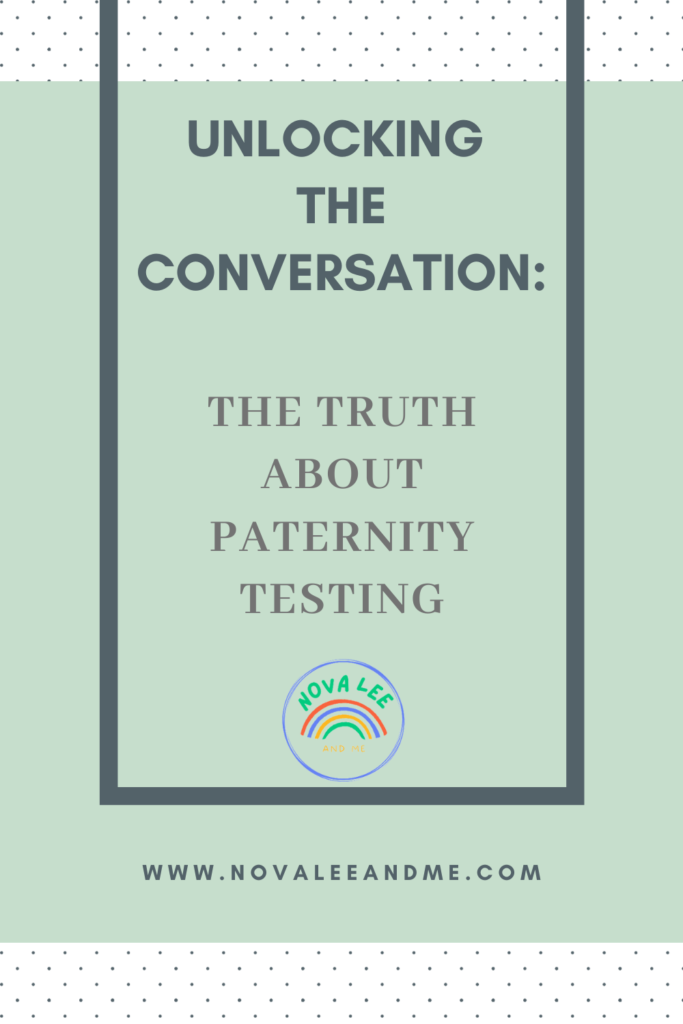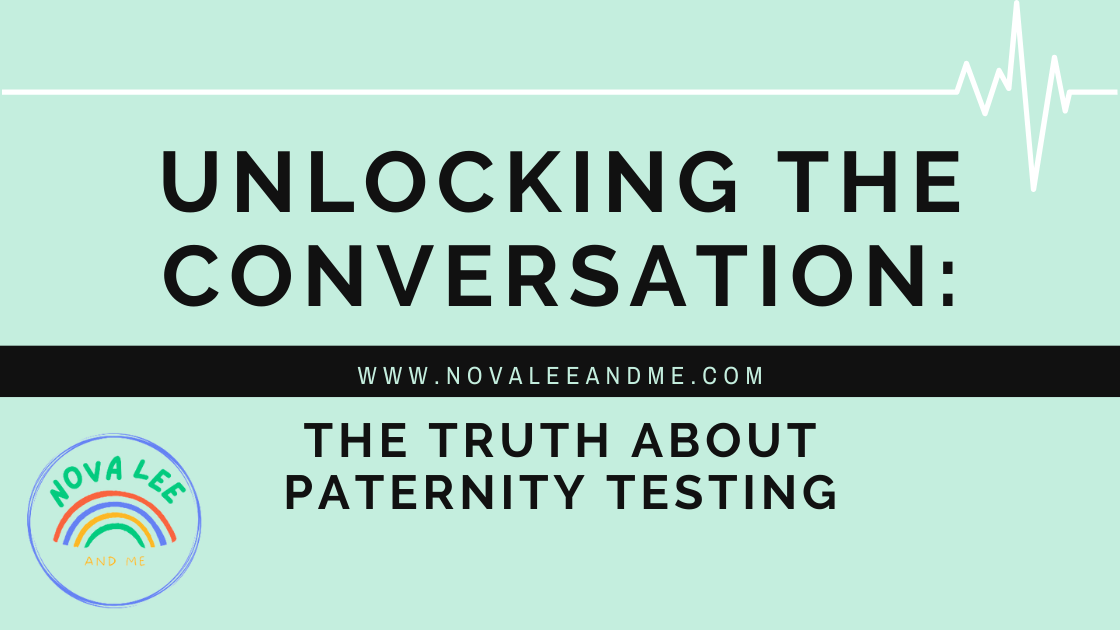Paternity testing an unspoken topic that lingers in the shadows of many minds. Why is it that we often shy away from discussing this important subject? Your child’s lineage, background, and even aspects of their health are influenced by the other half of the parenting equation – Dad. Whether you’re in a faithful relationship or dealing with the complexities of multiple partners, paternity testing is a topic that deserves our attention.
While some may find it uncomfortable, even embarrassing, discussing paternity testing is essential for various reasons. As the saying goes, knowledge is power, and it’s no different when understanding your child’s biological background.
This isn’t just a concern for unmarried couples; it touches the lives of many, including married couples. The dynamics of each relationship are unique, guided by individual boundaries, mutual respect, and personal beliefs. It’s not uncommon for married couples to explore open relationships, experiment with sexual boundaries, or face infidelity. Life happens, and judgment shouldn’t stand in the way of seeking answers.
Trusting your partner is a cornerstone of any relationship, but trust can sometimes falter. Some men request paternity testing because they harbor doubts for various reasons. Perhaps their actions have led them to question their partner’s faithfulness, or maybe they merely seek the certainty required to embrace the responsibilities of fatherhood. In today’s world, wanting assurance isn’t unreasonable.
Embrace Your Options!
For those faced with this situation, it’s crucial to be aware of the available options. You’re not alone in this journey, and it’s essential to approach it with a well-informed mind. Here are some steps to consider:
1. Non-Invasive Prenatal Testing: If you’re pregnant, you can determine paternity through a non-invasive test, available around the eighth week, just at the end of your first trimester. Blood samples are collected from the mother and the potential father, and the tests reveal the truth. Check if your health insurance covers this test or inquire about the out-of-pocket costs.
2. Post-Birth Testing: In nearly all states, you can have paternity testing done right after giving birth in the hospital, provided the potential father is present. This information isn’t widely known, so conducting your research is essential. Discover whether your insurance covers this test and any associated costs.
3. Explore Your Options: Various DNA tests are available, each with unique attributes. Do thorough research and select the test that best suits your needs.
For mothers in this situation, remember these steps:
– Face the truth, even if it takes time.
– Initiate an honest conversation with your partner.
– Research and consult with your insurance provider if needed.
– Make an informed decision on the type of test.
– Get the test done and face the results.
– Regardless of the outcome, remember that you and your child will be okay.
This post is meant to provide information and support for those in need. Feel free to comment or contact me personally via email if you have questions or require further information.


